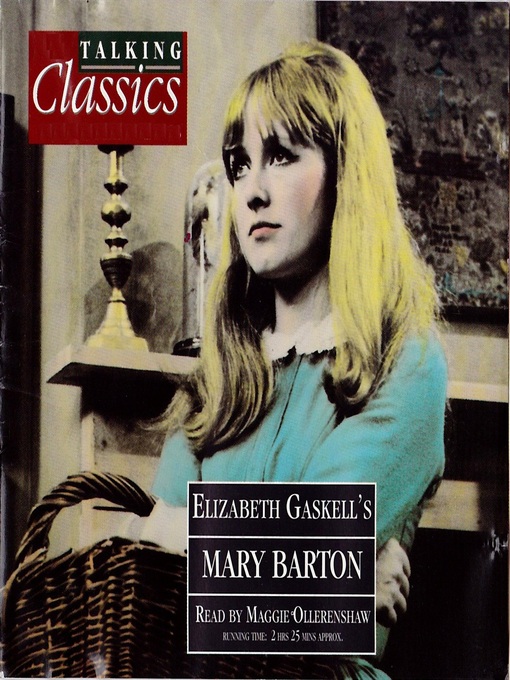There are stark differences between rich and poor in the Manchester of Elizabeth Gaskell's novel, Mary Barton. Factory owners such as Mr Carson, do not understand the anger of their poverty stricken workers, and care little for their welfare. For the mill-workers, employment means food on the table and being one step away from starvation, but trying to gain any political power means risking a loss of livelihood. The author does not depict the owners as intrinsically wicked, but shows through her writing that it is characters like The Barton's who deserve the reader's sympathy. By the end of the novel, Mrs Gaskell proves that the rich need not be heartless.
- Our Amazing World
- 我会自己读
- 做个科学家!
- 运动与娱乐
- 漫画和图画书
- 神话与民间故事
- 长大要做什么?
- 凯迪克和纽伯瑞获奖作品 Caldecott & Newbery
- 青少年科普作品 Science & Nature
- 冰雪奇缘系列故事:安娜、艾莎与雪宝
- 小猪佩奇系列
- Lonely Planet kids 孤独星球·童书系列 世界的山川与大海 美食与风物
- 新春阅读 年味绘本 欢乐中国年
- 查看所有少年儿童作品馆藏
